| Anthropological Studies |
National Museum of Ethnology |
Three-year doctoral program/Doctor of philosophy |
This program is offered by the National Museum of Ethnology. Students will conduct research on the diverse cultures of mankind in various parts of the world from prehistoric times to the present. From the perspective of cultural anthropology, ethnology, and related fields, students will be instructed in ethnographic research that describes and analyzes a specific culture, and cross-cultural research that compares cultures from a specific perspective. Students will complete their dissertation by utilizing data obtained through field research as well as specimens, audio-visual materials, and literature of the National Museum of Ethnology. |
 |
| Japanese Studies |
International Research Center for Japanese Studies |
Three-year doctoral program/Doctor of philosophy |
The Japanese Studies program is organized as a single administrative unit in order to facilitate the international and interdisciplinary pursuit of Japanese studies encompassing the humanities, social sciences, as well as natural sciences. A special feature of our graduate study program is that all the faculty participate in teaching and research guidance.The Japanese Studies program requires graduate students to take three courses—“Seminar on Theory and Methodology,” “Interdisciplinary Research,” and “Dissertation Writing Guidance”—which set forth the theoretical and methodological basis for conducting Japanese studies in global perspective. Through these courses and directed research, we hope to foster researchers with creative and highly specialized perspectives who are equipped to undertake comprehensive approaches of a broad interdisciplinary nature crossing the lines of multiple fields of study. |
 |
| Japanese History |
National Museum of Japanese History |
Three-year doctoral program/Doctor of philosophy |
This program on Japanese History aims to nurture researchers with a broad perspective and international standing, in the field of Japanese history. We aim to produce graduates who can conduct advanced research in Japanese history, based on the methods required for specific fields of specialization, and nurture human resources who can contribute to society with their advanced research skills. We aim to foster researchers with advanced comprehensive abilities through guidance from specialists in the fields of document-based historical research, archaeology, folklore studies, and analytical sciences, and by making use of the vast amounts of tangible material resources and diverse information resources held at the National Museum of Japanese History, which also offers this program. |
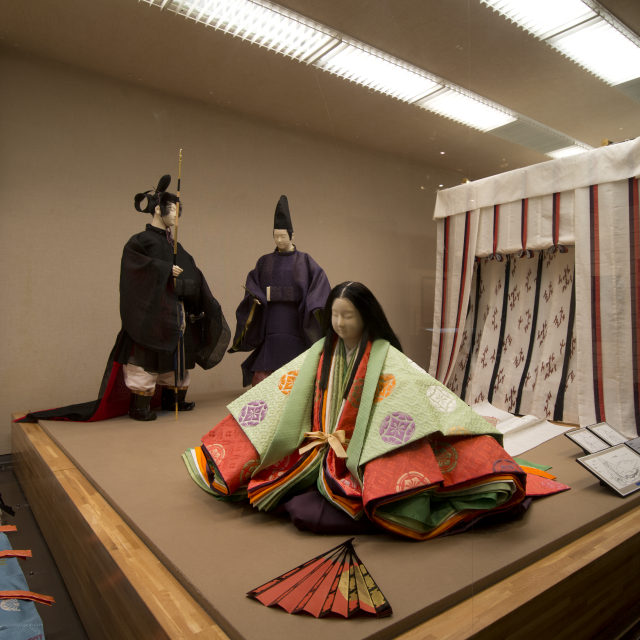 |
| Japanese Literature |
National Institute of Japanese Literature |
Three-year doctoral program/Doctor of philosophy |
This program on Japanese Literature aims to nurture and produce doctoral students who will take over, and develop the study of Japanese literature with the academic community of Japanese literature (domestic literature)as the main stakeholder. To this end, this program fosters individuals who can contribute to research in this field, and make unique contributions to society by tackling the issues that include using original ideas from peripheral fields and interdisciplinary perspectives, based on a comprehensive expertise in the core discipline of Japanese literature. |
 |
| Japanese Language Sciences |
National Institute for Japanese Language and Linguistics |
Three-year doctoral program/Doctor of philosophy |
We aim to foster a future generation of researchers who can objectively, and quantitatively, analyze the Japanese language based on data . To this end, we utilize the linguistic resources and research networks of the National Institute for Japanese Language and Linguistics (NINJAL) to cultivate the skills and abilities necessary to conduct linguistic analyses using new methods including theory, experiments, fieldwork, social surveys, and computer simulations, in addition to conventional methods of analysis. |
 |
| Informatics |
National Institute of Informatics |
Five-year doctoral program, Three-year doctoral program/Doctor of philosophy |
Informatics is a comprehensive academic field that covers computer sciences, information engineering, artificial intelligence, and mathematics—which are necessary for data scientists. In addition, it covers humane and social informatics, which focus on mankind and society. This program aims to nurture outstanding researchers and highly skilled professionals by conducting research and education in the various phases of basic, applied, and practical informatics, and train and develop leaders who can hold leadership roles at the international level. |
 |
| Statistical Science |
The Institute of Statistical Mathematics |
Five-year doctoral program, Three-year doctoral program/Doctor of philosophy |
The program of Statistical Science aims to cultivate individuals who possess creative research skills to contribute to solving various important intricately-intertwined problems. To this end, the program conducts education and research related to the basics, mathematics and applications of data collection designs, modeling, inference and prediction, and equip students with the ability to extract information and knowledge from the real world based on the effective use of data. |
 |
| Particle and Nuclear Physics |
Institute of Particle and Nuclear Studies |
Five-year doctoral program, Three-year doctoral program/Doctor of philosophy |
In this program at the Institute for Particle and Nuclear Studies of the High Energy Accelerator Research Organization (KEK), students belong to theoretical or experimental groups. They receive a rounded graduate education, which include lectures and research guidance from staff members, who are also SOKENDAI faculty members. This research and education program aims to develop researchers who can contribute to the further development of fields related to elementary particles, atomic nuclei, and the universe. By taking advantage of the rich environment at KEK,which is an international research center in this field, this program fosters researchers with a broad perspective, high levels of expertise, and international capabilities who can head the direction of research in related fields, at the global level. |
 |
| Accelerator Science |
Accelerator Laboratory / Applied Research Laboratory |
Five-year doctoral program, Three-year doctoral program/Doctor of philosophy |
High energy accelerators are powerful tools for exploring the various components of each level of the natural world—from the simplest elementary particles and nuclei to atoms, molecules, and complex and exquisite life forms. The main goal of this program is to promote natural sciences by improving the performance of accelerators and to provide education on the specialized technology required for from both theoretical and experimental aspects, including research on the principles of accelerators and the development of advanced accelerator technologies. At the same time, through education and research in closely related fields such as radiation science,computer science, superconducting technology, and mechanical engineering, this program will comprehensively produce graduates who can play a central role in the future of accelerator science. |
 |
| Astronomical Science |
National Astronomical Observatory of Japan |
Five-year doctoral program, Three-year doctoral program/Doctor of philosophy |
This program focuses on observational and theoretical research, along with instrumentation research for astronomy and related fields. The program infrastructure provides a research environment with the world's most advanced observational instruments and supercomputers. We aim to foster 1) researchers who can play an active role at the forefront of the international research; 2) specialists who will play leading roles in the development of advanced technology; and 3)personnel who will work to promote science against the back drop of advanced technical knowledge. We seek students who have a strong desire to tackle the problems they face, possess advanced academic skills, and are logical and creative. |
 |
| Fusion Science |
National Institute for Fusion Science |
Five-year doctoral program, Three-year doctoral program/Doctor of philosophy |
We aim to further studies on fusion energy, by fostering high quality researchers who can provide international leadership in the field. Graduates from our program will be able to use their advanced expertise in experimental physics and theoretical research on the confinement and stability of high temperature plasmas to contribute to society, conduct research in simulation science to elucidate these physical phenomena, and conduct elemental research on fusion reactor technology, including heating, measurement,superconductivity, and materials technology. |
 |
| Space and Astronautical Science |
Institute of Space and Astronautical Science |
Five-year doctoral program, Three-year doctoral program/Doctor of philosophy |
This program provides comprehensive and cross-disciplinary education and research guidance in the fields of space science and engineering, namely solar system science and astrophysics and development of space technology. This program will foster researchers with high level expertise, broad perspectives, and international competitiveness. They are expected to lead future space science, development of space technologies, and utilization of space missions. |
 |
| Molecular Science |
Institute for Molecular Science |
Five-year doctoral program, Three-year doctoral program/Doctor of philosophy |
This program, offered by the Institute for Molecular Science (Okazaki City), fosters a future generation of researchers who will establish a systematic understanding of molecules—which are the basic constituent units of matter—and elucidate the diverse phenomena that matter presents. We aim to produce graduates who can conduct advanced research (experiments, measurements, theories, etc.), rationally understand the results of their research, challenge unexplored problems with creative ideas, create new intellectual values and universal truths, and contribute to the development of humanity based on molecular science. |
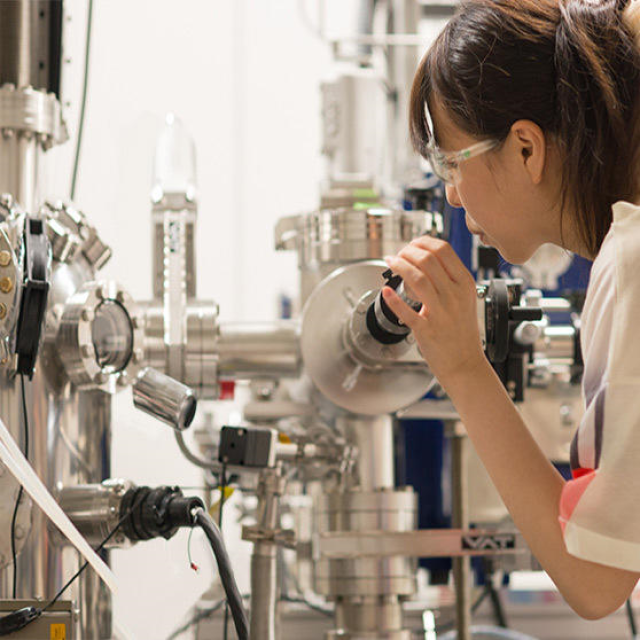 |
| Materials Structure Science |
Institute of Materials Structure Science |
Five-year doctoral program, Three-year doctoral program/Doctor of philosophy |
In this program, students can attend lectures and receive research guidance on cutting-edge materials science and life science, which employ the four quantum beams obtained from accelerators: synchrotron radiation, neutrons, muons, and slow positrons. In addition to research on a wide range of fields such as physics, chemistry, life sciences, applications in medical science, environmental sciences, and geophysics, students can also contribute to the development of new frontiers in materials science through the advancement of technologies for generating and using quantum beams. In a rich environment with access to multiple quantum beams, we will train researchers to develop broader perspective and expertise, and can play an active role on the international stage. |
 |
| Global Environmental Studies |
Research Institute for Humanity and Nature |
Three-year doctoral program/Doctor of philosophy |
The program of Global Environmental Studies is based on international research projects promoted by the Research Institute for Humanity and Nature (RIHN). This interdisciplinary research with elements of transdisciplinarity utilizes a problem-solving approach in collaboration with society. The program is designed for students to gain knowledge and methodologies accumulated by the academic fields that constitute Global Environmental Studies and to become independent researchers who will engage in solving global environmental issues with their expertise. In addition, the program will provide research training that avails the research environment for cutting-edge research and the advantages of small-group education. |
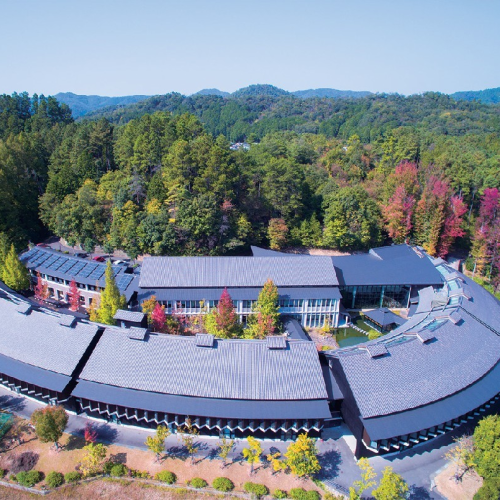 |
| Polar Science |
National Institute of Polar Research |
Five-year doctoral program, Three-year doctoral program/Doctor of philosophy |
This program aims to nurture outstanding researchers with advanced research capabilities in space and planetary science,solar-terrestrial physics, atmospheric, oceanic, snow and ice sciences, solid earth science, and life science. It will enable graduates to explore universal principles and laws governing various natural and physical phenomena in the polar regions and high mountains. It also aims to elucidate the role of polar regions in the global planetary system, and variations in the global environment, as well as the geological and natural histories of polar regions. |
 |
| Basic Biology |
National Institute for Basic Biology |
Five-year doctoral program, Three-year doctoral program/Doctor of philosophy |
In the Basic Biology program, students will investigate the commonality and diversity that characterize living organisms, the universal mechanisms and the structure that maintain them, and the mechanisms of change that produce diversity. This program aims to train researchers who can discover more fundamental and important problems in biological sciences, and challenge themselves to solve these by cultivating the advanced research skills and rich academic knowledge necessary to conduct independent research activities as a researcher in this field. |
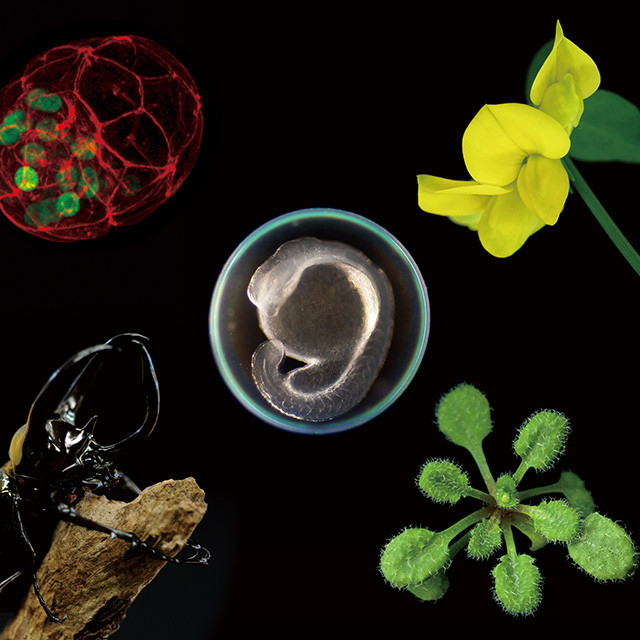 |
| Physiological Sciences |
National Institute for Physiological Sciences |
Five-year doctoral program, Three-year doctoral program/Doctor of philosophy |
The Physiological Sciences program provides education and research guidance to comprehensively clarify the mechanisms of body functions, from the molecular-cellular level, which is the basic structure of living organisms, to the whole-body level, which is composed of systems. We train researchers to be active participants in the fields of medicine and life sciences, with a focus on physiology and neuroscience. |
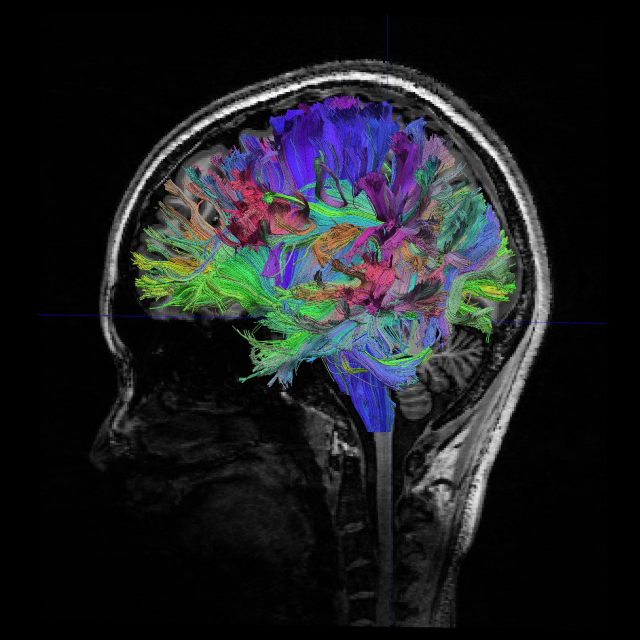 |
| Genetics |
National Institute of Genetics |
Five-year doctoral program, Three-year doctoral program/Doctor of philosophy |
This program fosters the ability of students to contribute as independent researchers in developing the field of life sciences, with genetics at its core. In addition to gaining the expertise to produce results from new and advanced research through thorough research guidance by multiple faculty members, this program fosters graduates with a deep insight and knowledge of the life science field, the ability to conceptualize the future of the field, to understand, discuss, and express science in English, and maintain high ethical standards as a researcher. |
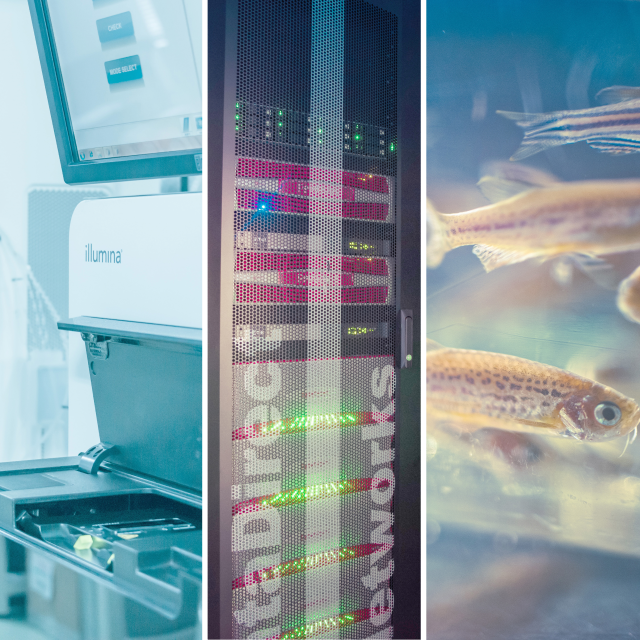 |
| Integrative Evolutionary Science |
Research Center for Integrative Evolutionary Science |
Five-year doctoral program, Three-year doctoral program/Doctor of philosophy |
In order to foster individuals who can independently conduct outstanding research and contribute to society with a high level of expertise in either the field of biological evolution or the field of science and society, we offer programs where students can acquire the capability to conduct internationally accepted research and acquire the skills to present and discuss that research, and lead with their expertise. At the same time, we offer programs that aim to cultivate individuals who have a broad perspective on scientific research, understand the relationship between science and society, and have a high awareness of research ethics. |
 |




















